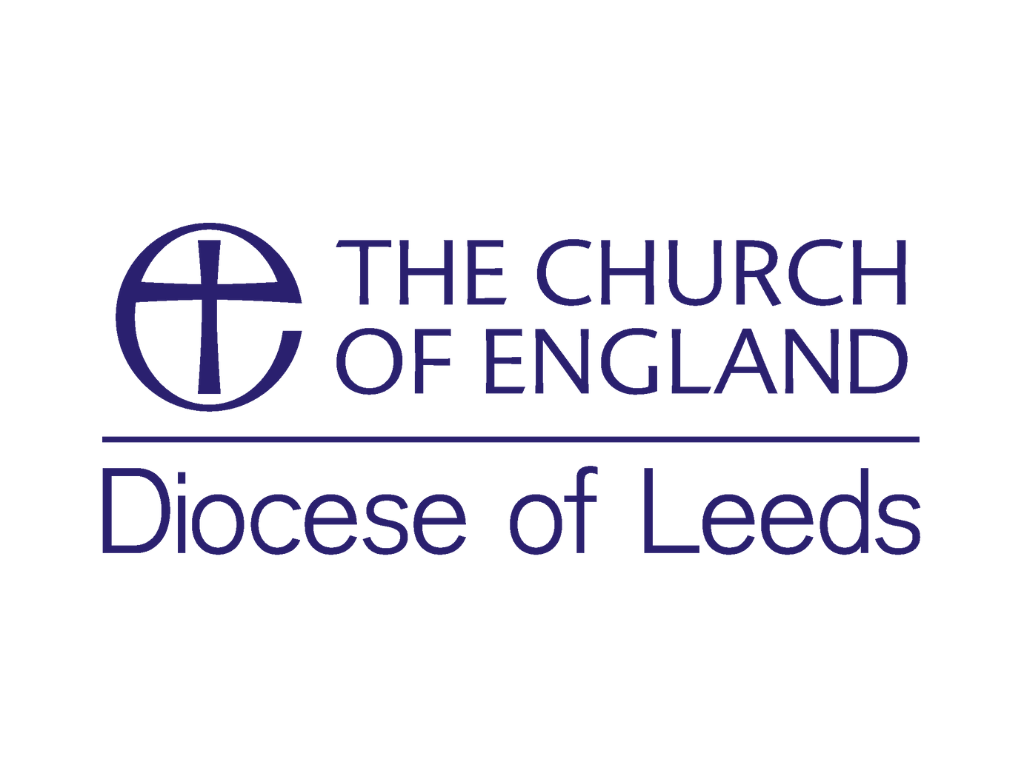Anti-Bullying
What is bullying?
Bullying can be defined as persistent physical, psychological or verbal attack against an individual or group of individuals by a person or group of persons, causing physical or psychological harm to the victim. It is usually conscious and wilful and commonly consists of repeated acts of aggression and/or manipulation. It can take a number of forms – both physical and non-physical, either in combination or in isolation. Any bullying, whether physical or non-physical, may result in lasting psychological damage to the individual.
Bullying generally falls into one or a combination of the following categories:
- Physical Bullying – Unprovoked assault on a person or group which can range from a ‘prod’ to grievous bodily harm.
- Psychological – Reduction of a person’s self-esteem or confidence through threatening behaviour, taunting or teasing about race, gender, religion, sexual orientation, disability, family circumstances, appearance, or any other feature of their lives which can be used to wound or humiliate them.
- Social- Ostracism/rejection by peer group.
- Verbal – The use of language in a derogatory or offensive manner, such as swearing, racist or sexist abuse, sexual innuendo, spreading rumours, etc.
- Cyber bullying – Using mobile phones or the internet to deliberately upset someone.
- Homophobic – Any hostile or offensive action against lesbians, gay males, bisexuals or trans-gender people, or those perceived to be lesbian, gay, bisexual or trans-gender.
-
Procedures
-
- Children should report bullying incidents to available staff or someone who they can trust. In any cases of bullying, the incidents will be recorded by staff on a behaviour log sheet and investigated initially by the class teacher, followed by the following individuals if an incident is not resolved phase leader, assistant Headteacher, deputy Headteacher and ultimately the Headteacher. Any incident will be logged and passed immediately to the phase leader who will ensure this matter has been resolved.
- Parents must report any bullying incidences using the attached form – also available in the school office.
- In serious cases parents will be informed and will be asked to come in to a meeting to discuss the problem.
- The bullying behaviour or threats of bullying will be investigated and the bullying addressed.
- Appropriate feedback will be given to the parent reporting the bullying in a timely manner.
- The school accepts that any child could display bullying behaviour and as a school we have a moral imperative to help those doing so to change their behaviour.
- If necessary and appropriate, external agencies will be consulted to provide support.
-
Outcomes
- The school will investigate the incident.
- The child displaying bullying behaviour will be asked to genuinely apologise. Other consequences such as (a) an apology letter or (b) a written contract may be required.
- The school will aim to sort out differences and encourage the pupils to reconcile.
- In serious cases, parents will be informed in writing and suspension or even exclusion will be considered.
- After the incident / incidents have been investigated and dealt with, each case will be monitored to ensure repeated bullying does not take place and it will be considered that the incident/incidents are closed. The school strongly believes that all children can be bullied or a bully and as such all parties once an issue has been addressed should be allowed to move on from the issue at hand.
-
Prevention
We will use various methods for helping children to prevent bullying. This will include:
- Have a listening and caring ethos
- Encourage discussion and don’t make premature assumptions
- Adopt a problem solving approach
- The staff are made aware of the anti-bullying policy by Senior Leadership Team and has access to where the policy is kept.
- Explore issues through the curriculum by PSHCE, assemblies and Anti-bullying week.
- Support the bully and the victim in modifying behaviour
- Provide information through notice boards, posters and Child line.
- Provide support through playground buddies, friendship group and peer support.
- The anti-bullying policy works alongside the behaviour policy. This is discussed with the children in class so they are informed of the procedures
-

